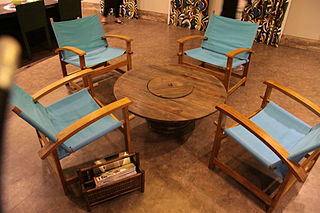Description
Not generating any waste is very difficult. However, it is within our power to do everything possible to avoid generating, or minimise the quantity and hazardousness of the waste we generate. Moreover, in doing so, we achieve significant economic and raw material savings, which also have a direct positive effect on the environment.
What can I do?
 Before buying a product, check if you really need it.
Before buying a product, check if you really need it.- Buy products in bulk. This saves the use of unnecessary plastic or aluminium trays or packaging.
- Avoid using single-use plastic bags. Use reusable bags, baskets or shopping trolleys to transport the products you buy.
- Buy products packaged in large format in order to reduce the generation of small packaging.
- Use rechargeable batteries instead of single-use batteries.
- Share office material with the rest of your colleagues in your office or administrative unit. It is not necessary for everyone to have their own tool that is only used from time to time (stapler, paper punch, etc.).
- Avoid using single-use plastic cups for drinking water, and use cups, reusable cups and canteens as an alternative. At UB centres we have water fountains that allow us to drink water without having to use a glass.
- Before throwing an object in the rubbish bin, think about whether you can find another use for it or whether someone you know might need it. Reuse is the best way to extend the useful life of a product.
- Participate in exchange or second-hand markets. In this way, you can use products that other people no longer need, and at the same time you will save money and avoid generating unnecessary waste.
Impact on the environment

*Image: Reuse of a spool of cable as a table. Por: Alex Rio Brazil (Trabajo propio) [Domini públic], vía la Wikimedia Commons.